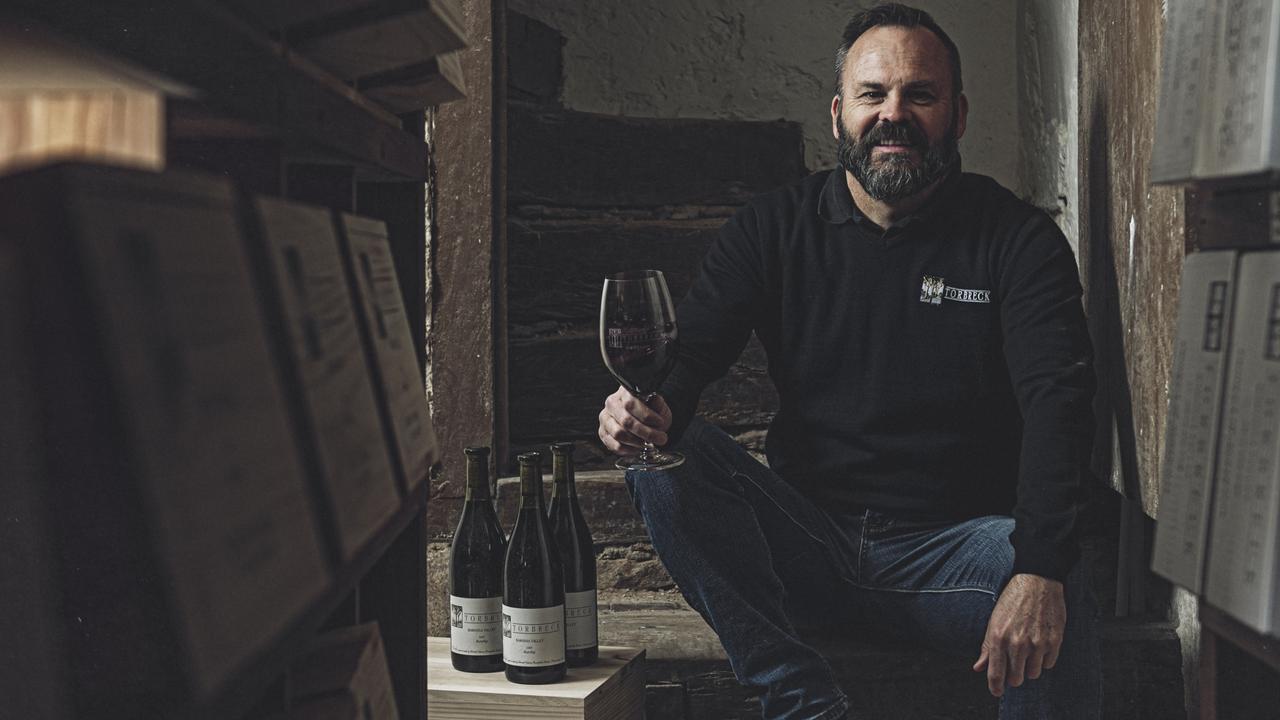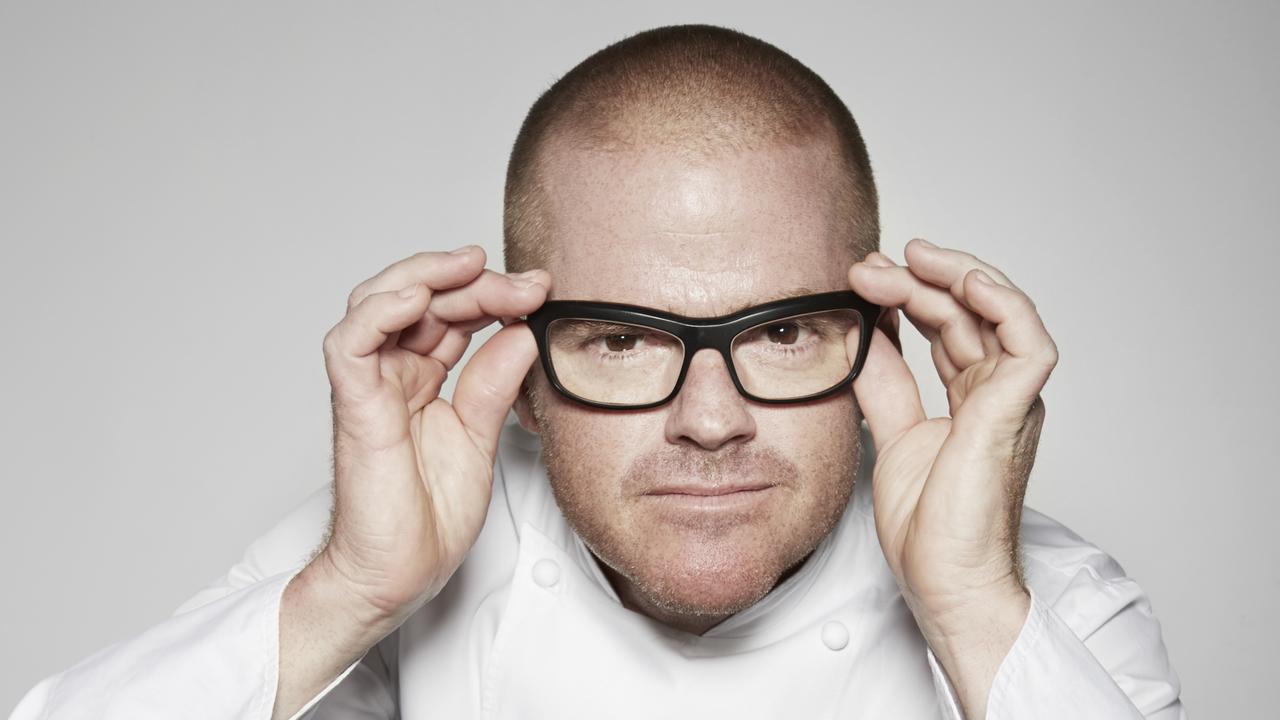A fork in the road
DOES El Bulli’s closure signal even more delights in the world of molecular gastronomy?
IT was the big news of this yea'Â’s Madrid Fusion culinary summit: Ferran Adria, godfather of molecular gastronomy, will close El Bulli.
The world’s most influential chef, who applied the chemistry set to the kitchen and created a new culinary frontier (not to mention more newspaper column inches than any other cook on the planet), will convert his 52-seat restaurant into a research foundation for “avant-garde gastronomy lovers” to work alongside his creative team.
So what now that the restaurant repeatedly voted the world’s best is shutting its doors? The 2012 closure of this homely looking eatery on the outskirts of Barcelona will have little impact on most of the world’s diners; it has attracted more than 2 million reservations a year, with only 8000 gaining a place at the dinner table. Adria’s unique brand of haute cuisine, rather like haute couture, is something most can only admire from afar. And if the predominant theme at this year’s Madrid Fusion is anything to go by, haute cuisine in general has reached something of a crossroads.
Presentations such as “haute cuisine low-cost”; “pret-a-porter creativity”, “street cuisine: mobile restaurants” and “informality in urban haute cuisine” by chefs such as Spaniard Dani Garcia, Frenchman Thierry Marx and Gordon Ramsay protege, Briton Jason Atherton, make it clear that some of the world’s most innovative chefs are keen to shake off the perception of high-end food as elitist, and to make it more accessible, affordable and democratic; to dispense with food as theatre and bring a more casual atmosphere to proceedings.
At a time when the global financial crisis has left people with less disposable income, when organic, sustainable and slow are buzzwords and when diners are more baffled than impressed by some creations - Hong Kong chef Alvin Leung recently draped an edible version of a used condom over mushrooms masquerading as beach sand - it’s little wonder leading culinary creators are having a rethink.
Chef Inigo Lavado, describing his informal, almost DIY Singular Food restaurant in the Spanish/French border town of Irun, where customers tick the items they want on a list, order at counter and enjoy wi-fi, newspapers and magazines in casual surrounds, says his aim is to “socialise haute cuisine, to reach children, workmen, whoever. The only requirement is that they love good food.”
Marx, meanwhile, says street cuisine, such as Andalusia’s famous fried food wrapped in paper, has been abandoned by many countries but that “the coming together of street food and haute cuisine is not too complicated” and a “means of preserving national identity”. “[We need to] give people the possibility to initiate themselves to fast, quality products, so they don’t think there’s only one style of cuisine,” he says.
Atherton, who has been a major player in the design of Maze restaurant (which at the time of going to press was due to open in Melbourne’s Crown Metropol hotel), believes restaurateurs need to heed the warning signs that today’s diner doesn’t necessarily want ceremony and ritual, but rather good value and a relaxed atmosphere. “To survive you have to be very flexible, a lot of people want to eat quickly; to take 35-40 minutes for a meal, and for a Michelin chef that’s a bit of a nightmare but you have to make it happen,” he says.
So is it the end of the line for Adria? A new review of molecular gastronomy, headed by British scientist Peter Barham, author of The Science of Cooking, suggests not. Barham and his team believe there is still a world of possibility for molecular gastronomy. “We can see many areas where MG can and should develop,” the joint British-Dutch review concludes. The panel foresees a time when scientists, and in turn chefs, would have the ability to measure just how delicious a particular dish will be to a particular individual and “we may be able to serve … variants of the same dish to our dinner party guests so that each has their own uniquely pleasing experience”.
Perhaps Adria, who says his El Bulli Foundation will “achieve new goals which are just as inconceivable now as our present achievements appeared [when El Bulli opened]” will be once again lead the charge.
www.madridfusion.net
Michelle Rowe writes Food Detective, which appears in The Weekend Australian’s Travel & Indulgence section.


